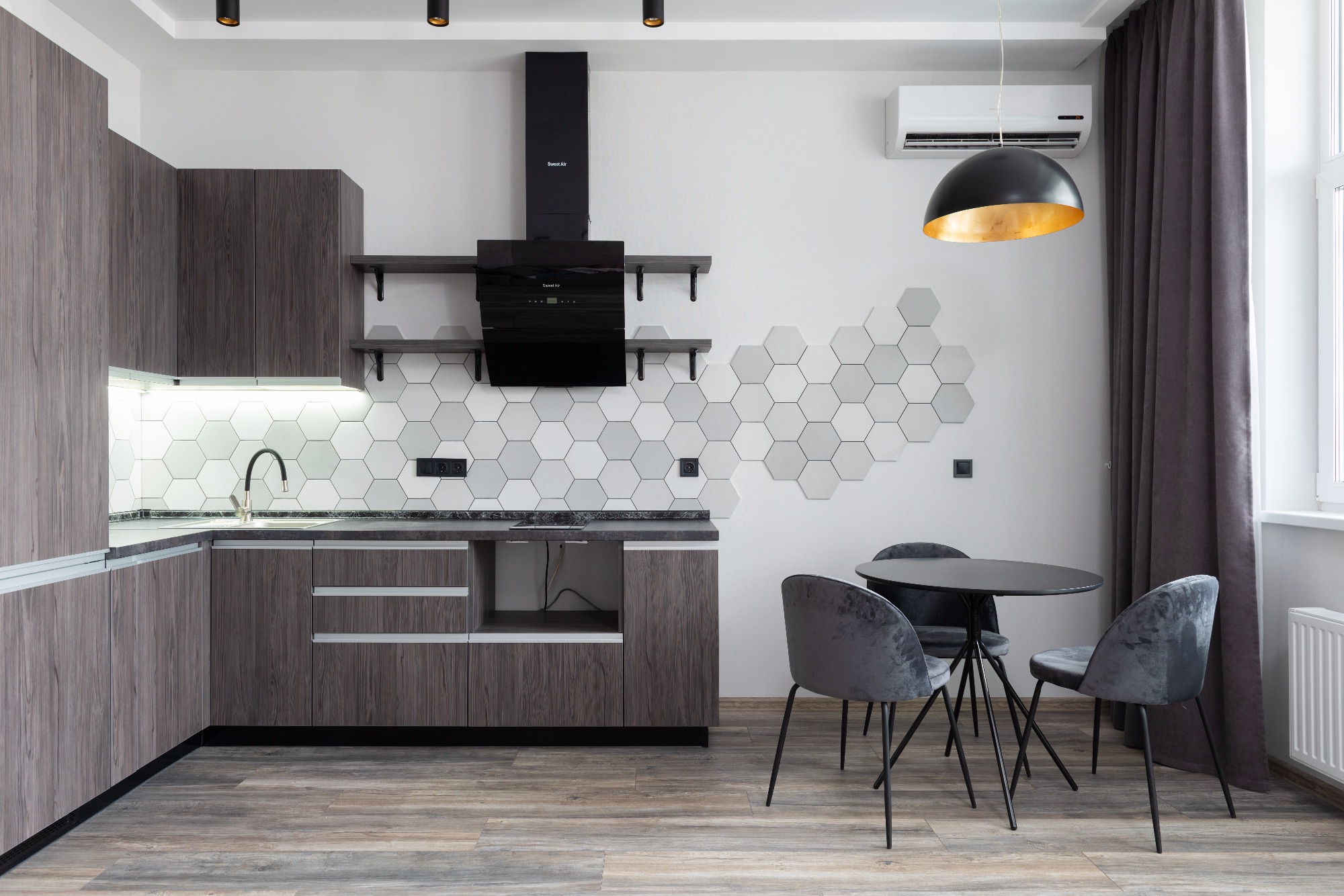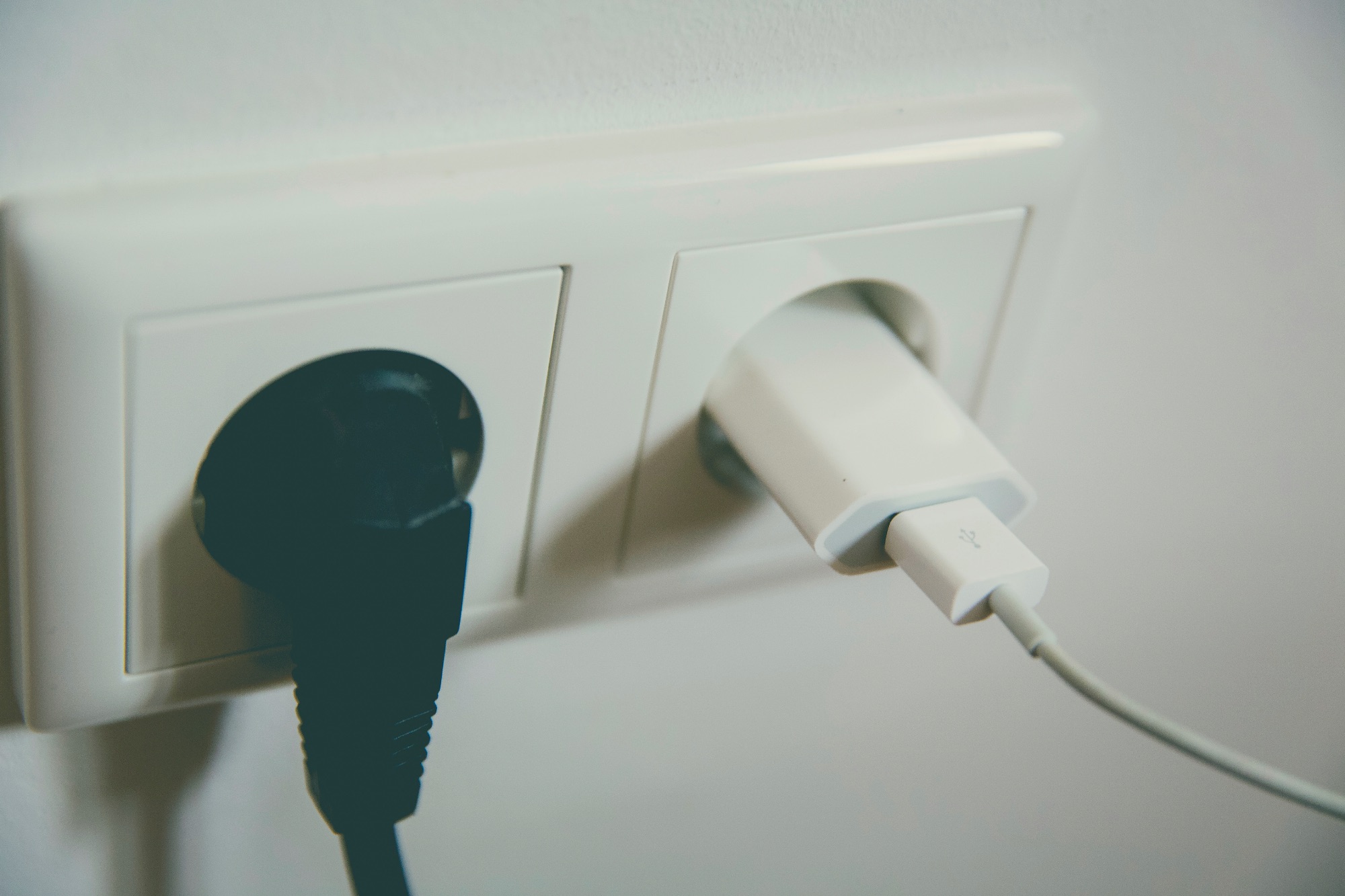Playful Spaces: How to Create the Perfect Space for Your Child’s Bedroom
Your guide to create the perfect playroom for your kids
Dubai, known for its soaring summer heat, often sees residents facing equally soaring energy bills during this time of the year. As temperatures and humidity rises, air conditioning and other cooling appliances work overtime, leading to significant energy consumption and increased costs. However, there are several ways that you can take control of your energy usage and reduce your expenses during the sweltering summer months.
Dubai Electricity and Water Authority's (DEWA) regularly updates with the latest energy-saving tips. Did you know for example, that it’s cheaper to run your washing machine or AC at certain times? Their site shows the latest details
The Dubai summer may be challenging, but simple adjustments to your daily habits, along with the wise use of air conditioning and other appliances, can make a significant difference in your energy bills. By adopting these energy-saving practices, you not only contribute to a more sustainable environment but also enjoy the benefits of lower energy expenses throughout the hot season.

Air condition - Via Pexel
1. Optimise your air conditioning usage
The air conditioner is undoubtedly a lifesaver during the Dubai summer, but it is also the biggest contributor to your energy bill. To optimise its usage and save energy, consider the following tips:
Set your air conditioner's thermostat to a moderately comfortable temperature, ideally around 24-25°C. This will help keep your indoor environment cool without excessive energy consumption.
Does your AC have an Economy Mode? This can help to maintain a constant temperature while consuming less power.
Close doors and windows tightly when using air conditioning to prevent cool air from escaping and hot air from entering.
2. Use fans effectively
In addition to using air conditioning, incorporate floor fans into your cooling strategy. Fans create a wind-chill effect, making you feel cooler without significantly increasing energy consumption. Using fans alongside air conditioning allows you to set the thermostat a few degrees higher without sacrificing comfort.
3. Time your energy consumption
DEWA often offers different electricity rates based on the time of day. During peak hours when energy demand is at its highest, rates may be more expensive. Take advantage of off-peak hours to run energy-intensive appliances such as washing machines, dishwashers, and pool pumps. DEWA's website or app should have detailed information on the current peak and off-peak timeframes.
4. Unplug electronics and appliances
Many electronic devices and appliances continue to draw power even when turned off, known as standby power. This phenomenon, often referred to as "vampire power," can contribute significantly to your energy bill over time. Make it a habit to unplug chargers, TVs, computers, and other non-essential electronics when not in use. Using a power strip can make this process more convenient by allowing you to turn off multiple devices at once.

Energy Plug - via Pexel
5. Make the most of natural light and shade
Make the most of Dubai's abundant sunshine by using natural light during the day. Open your curtains and blinds to let sunlight in, reducing the need for artificial lighting. However, avoid direct sunlight entering the house during peak hours, as it can heat up the space, making your cooling systems work harder. Instead, use shades, curtains, or blinds to block out the sun and keep your home cooler.
6. Energy-efficient appliances
When purchasing new appliances or electronics, look for the Energy Star label or other energy-efficient certifications. These appliances are designed to use less energy without compromising on performance. Though they may have a higher upfront cost, they will save you money in the long run through reduced energy consumption.
7. Regular maintenance
Ensure that your air conditioning systems and other appliances undergo regular maintenance. Dirty filters and clogged vents can cause appliances to work inefficiently and consume more energy. Schedule maintenance checks before the summer begins to ensure everything is running optimally. “Well-serviced AC units are naturally more efficient, so that should be a first step. Additionally, simpler hacks such as blackout curtains or drapes can be surprisingly effective in reducing the need for AC usage, the leading cost of rising bills during summer” notes Colin Thomas, managing partner of We Will Fix It.
For better web experience, please use the website in portrait mode